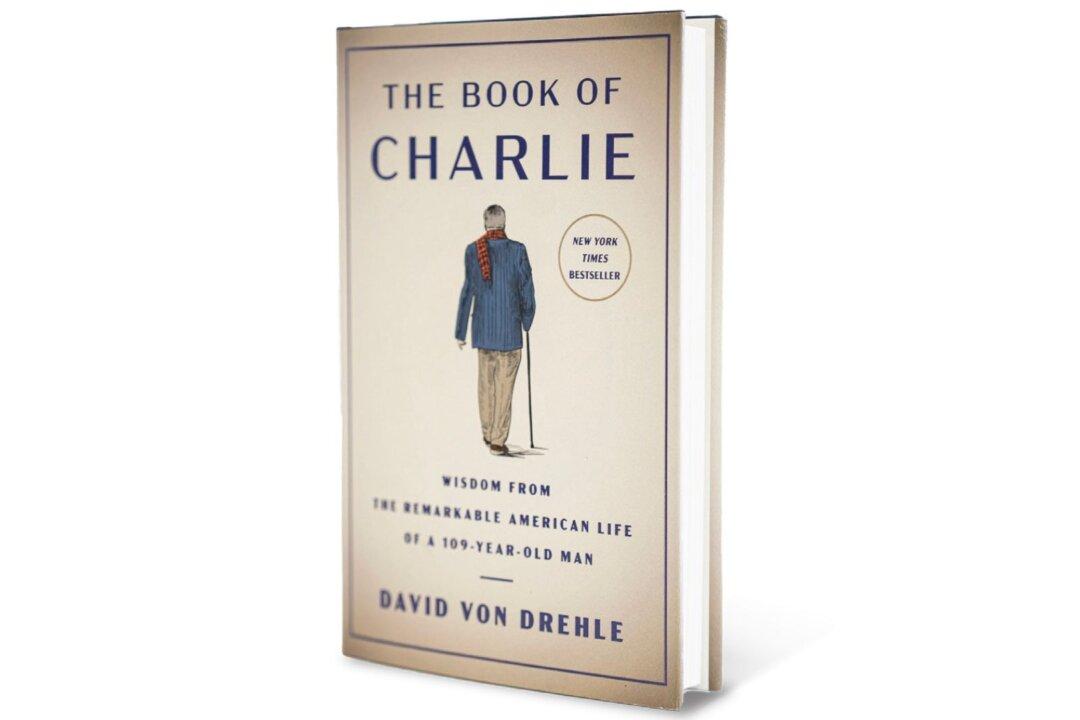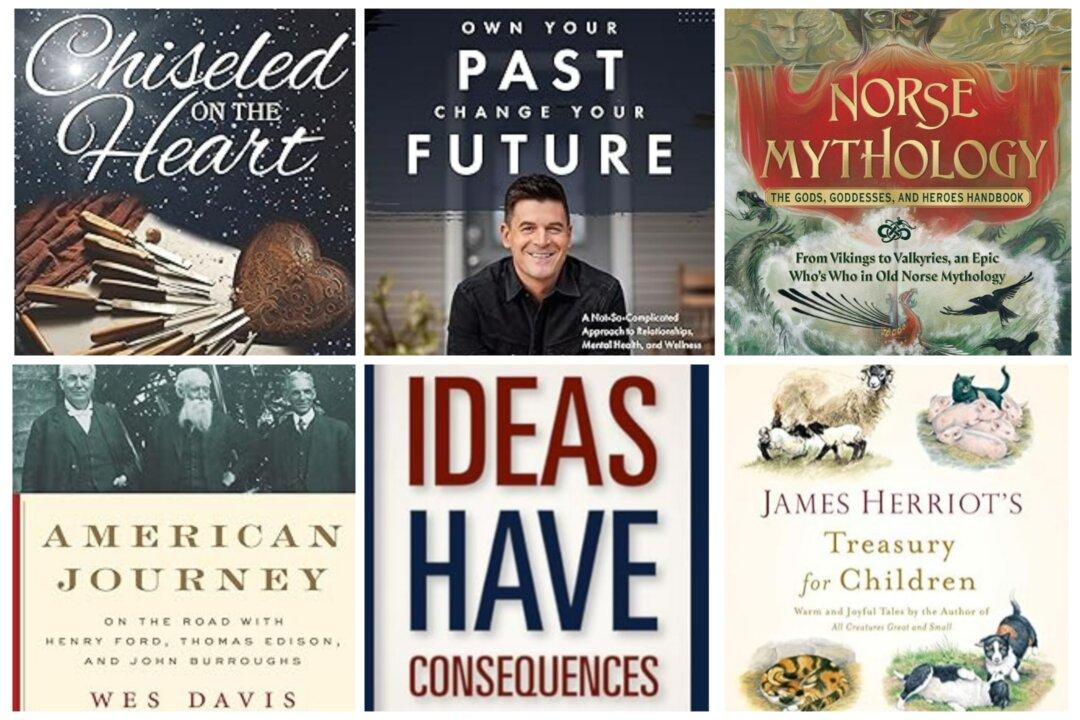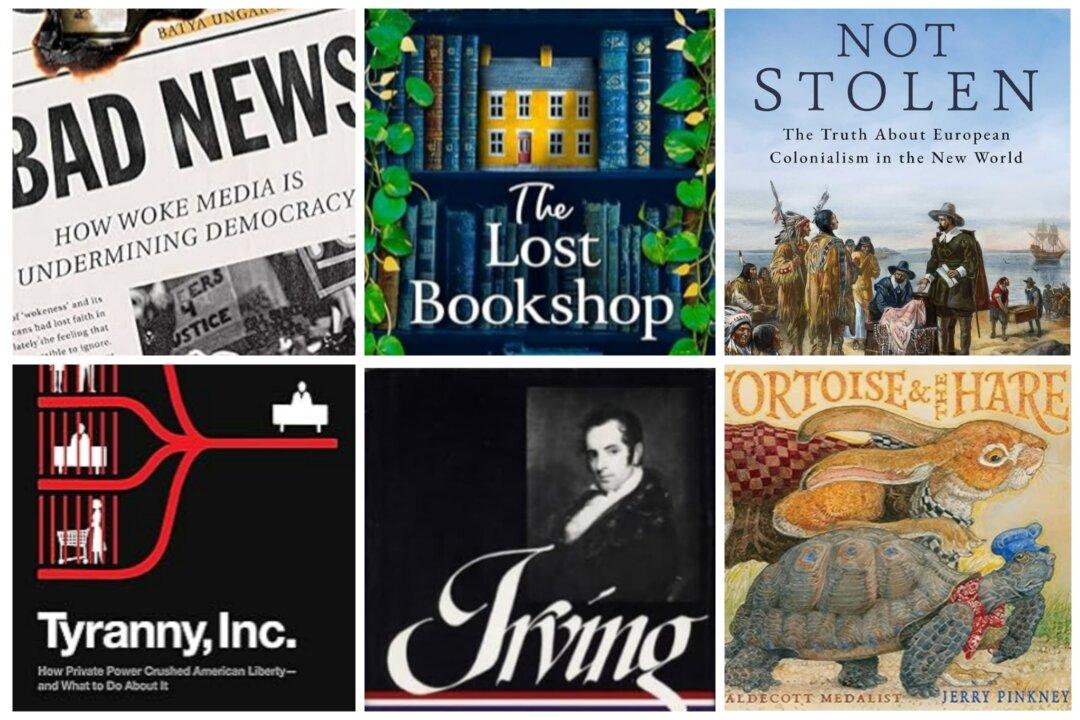I belong to a lunch bunch who meets monthly for friendship and a good meal at a local restaurant. Several months ago, conversation began about Swedish author Margareta Magnusson’s book on “death cleaning.” I hadn’t heard of it (“The Gentle Art of Swedish Death Cleaning”), but it piqued my interest as it did for many in the group, as all of us struggle with purging and decluttering.
One of my now-grown sons will occasionally drop hints about my need to sort through my boxes of stuff: He doesn’t want any of his artwork from 1st grade. But what about the poetry he wrote in 6th grade? As I age, I haven’t mastered this decluttering process with all its physical and psychological consequences, but I remain open to all opportunities.






